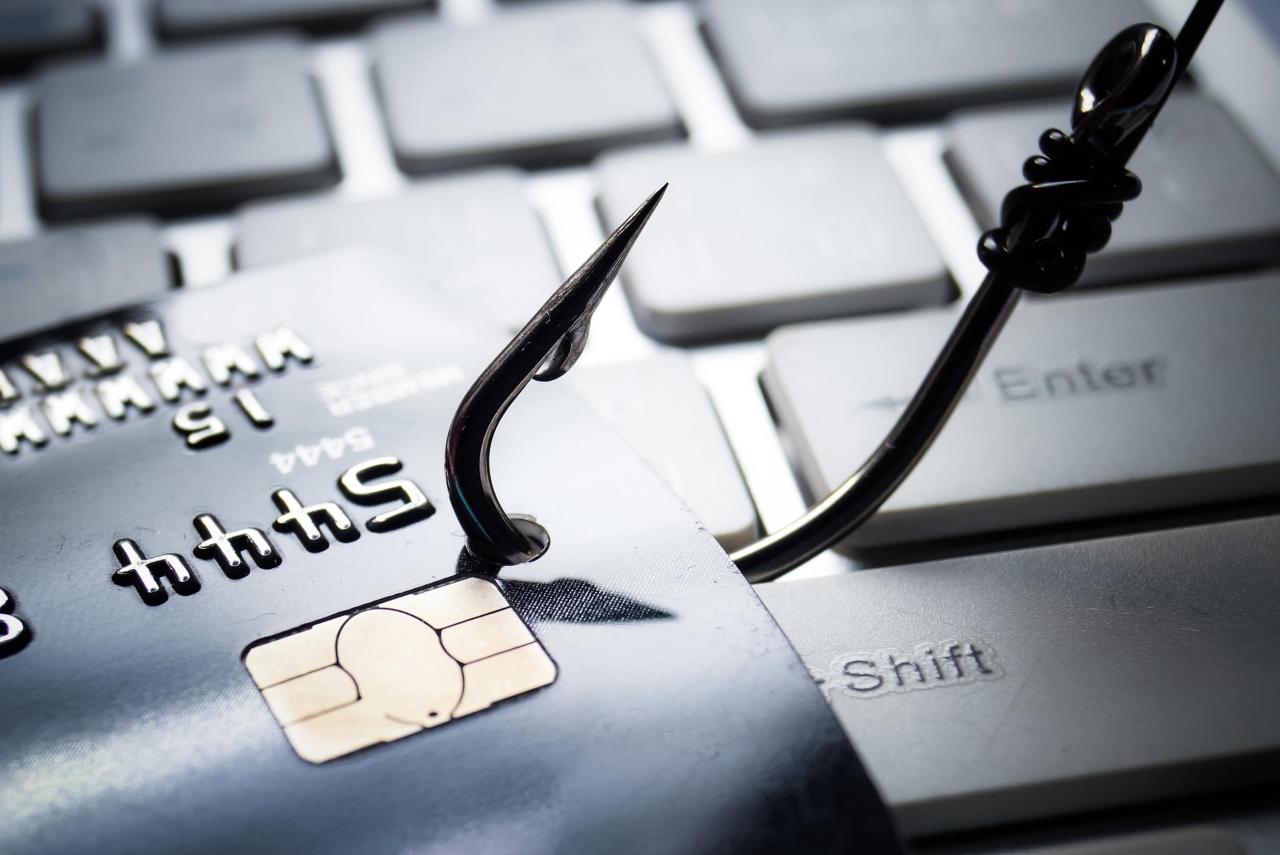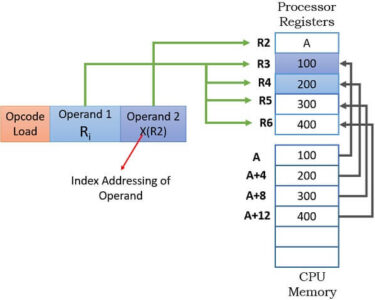
Credit Card Security Code Verification Email Phishing
Introduction
Phishing scams are a common way for cybercriminals to attempt to obtain sensitive information, such as credit card security codes (CVVs). These emails typically appear legitimate, purporting to come from reputable companies, and may contain links to malicious websites or request you to provide your CVV directly.
How Does the Scam Work?
Phishing emails for credit card security code verification often follow a similar pattern:
- You receive an email that appears to be from a trusted source. This could be your bank, credit card company, or a well-known online retailer.
- The email claims there is a problem with your account. This may include a warning about suspicious activity or a request to update your payment information.
- The email provides a link to a website where you can allegedly resolve the issue. This website looks almost identical to the legitimate website but is actually a malicious site designed to trick you into providing your CVV.
- You are asked to enter your credit card security code. The email may explain that this is necessary to verify your identity or process a payment.
How to Spot the Phishing Scam
There are several red flags that can help you identify email phishing for credit card security code verification:
- The email address does not match the legitimate company. Hover over the sender’s email address to see if it matches the official domain of the company it claims to be from.
- There are grammatical errors and typos in the email. Legitimate companies usually have professional emails with proper grammar and spelling.
- The link provided in the email leads to a suspicious website. Instead of clicking the link, hover over it to see the actual web address. If it does not match the legitimate website, do not click on it.
- You are asked to provide sensitive information directly in the email. Reputable companies will never ask you to provide personal or financial information via email.
What to Do if You Receive a Phishing Email
If you receive a suspicious email requesting your credit card security code, do the following:
- Do not click on any links or open any attachments.
- Do not reply to the email.
- Report the phishing attempt to the company it supposedly came from.
- Contact your credit card company to report the incident. They may be able to block unauthorized transactions.
Conclusion
Email phishing scams for credit card security code verification are a serious threat to your financial security. By understanding how these scams work and how to spot them, you can protect yourself from becoming a victim. If you do receive a suspicious email, it is crucial to remain cautious and report it promptly.


